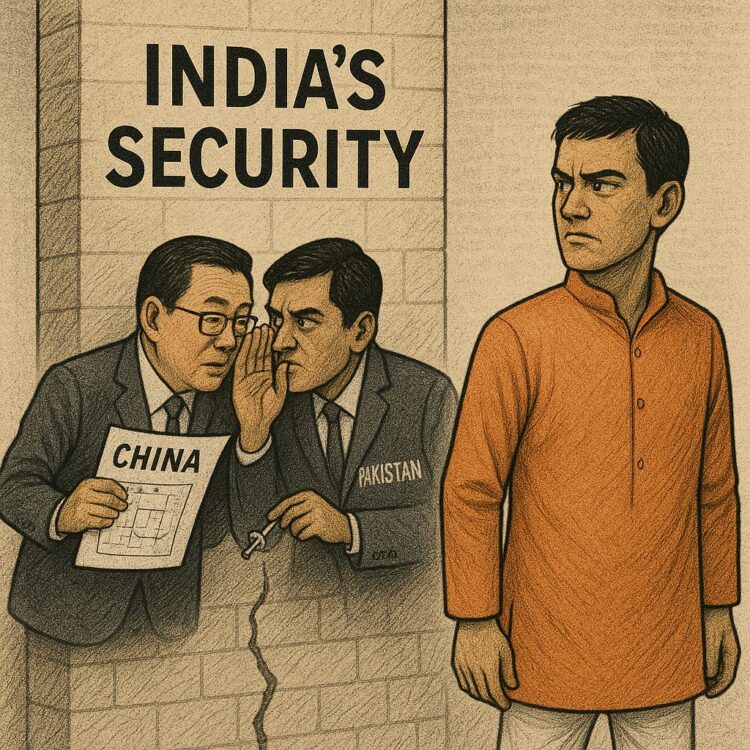KEY POINTS
- China has expressed its support to Pakistan, especially in terms of safeguarding its sovereignty and security interests
- China diplomatically backs Pakistan on Kashmir and human rights issues at international forums.
- China consistently protects Pakistan’s interests despite evidence of Pakistan’s role in terrorism.
China has consistently chosen to side with Pakistan, even amid escalating tensions with India following brutal terror attacks. In the aftermath of the horrific attack in Pahalgam — which killed 26 innocent Hindu tourists — China once again expressed support for Pakistan, emphasizing the safeguarding of its “sovereignty and security interests.”
This stance did not surprise geopolitical observers familiar with China’s historical support for Pakistan on international platforms, particularly when it comes to shielding Pakistan-based terrorists from global accountability.
Blocking Proposals to Designate Pakistan-Based Terrorists as Global Threats
China has repeatedly acted as a catalyst and enabler for Pakistan-based terrorism at international forums:
Sajid Mir (2022-2023):
In mid-2023, China blocked a proposal jointly put forth by India and the United States at the United Nations to designate Lashkar-e-Taiba operative Sajid Mir as a global terrorist. Mir was a key figure in the 26/11 Mumbai terror attacks. Initially, in September 2022, China had placed a “technical hold” on the listing, but by June 2023, it completely blocked the proposal.
Hafiz Talha Saeed (2022):
Hafiz Talha Saeed, son of Hafiz Saeed and a senior leader of Lashkar-e-Taiba, was another figure shielded by China. In April 2022, India designated Talha a terrorist for his role in recruitment, fundraising, and planning attacks targeting India and Indian interests in Afghanistan. China placed a hold on India’s proposal to list him under the UN Security Council’s 1267 Al-Qaeda Sanctions Committee.
Abdul Rehman Makki (2022-2023):
China initially blocked a U.S.-India joint proposal to designate Lashkar-e-Taiba’s deputy chief, Abdul Rehman Makki, as a global terrorist in June 2022. It was only in January 2023 that India succeeded in lifting China’s hold, leading to Makki’s formal designation.
Abdul Rauf Azhar (2022):
China also blocked the imposition of UN sanctions against Abdul Rauf Azhar, the deputy chief of Jaish-e-Mohammad (JeM). Azhar, under U.S. sanctions since 2010, was involved in major terror attacks including the 1999 Indian Airlines hijacking, the 2001 Indian Parliament attack, and the 2016 Pathankot airbase attack.
United Nations Security Council (UNSC) on Kashmir
At Pakistan’s behest, China has repeatedly raised the Kashmir issue at the United Nations.
Following India’s decision to revoke Article 370 in August 2019, China pushed for closed-door UNSC discussions on Kashmir — first in August 2019 and again in January 2020. Although these efforts yielded no formal resolutions, China’s actions reinforced its role in shielding Pakistan diplomatically, especially on cross-border terrorism allegations.
Defense of Pakistan’s Human Rights Record
Though less publicly documented, China has generally defended Pakistan in international human rights discussions. In return, Pakistan has strongly backed China’s controversial policies in Xinjiang and Hong Kong. This diplomatic reciprocity highlights the deep strategic alignment between the two countries across various multilateral forums.

















Comments